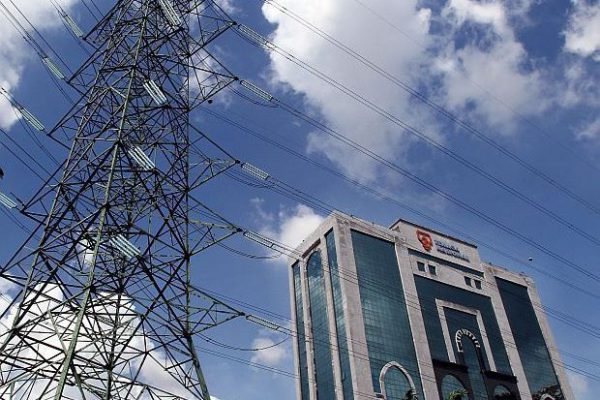Utility firms to pay for own facilities at affordable housing schemes, not developers
Utility companies will have to pay for the building of their respective facilities at affordable housing schemes, and bear the costs, under a guideline of the upcoming National Housing Policy (NHP) 2.0. Housing and Local Government minister Zuraida Kamaruddin said there will be a guideline under the affordable housing sub-policy of the NHP 2.0 that requires utility companies to take over the cost of building utilities such as water, electricity and telecommunications from developers of affordable houses for the B40 group. Housing accessibility, together with home quality, facilities, financial accessibility and laws and regulations are the five key areas that the new housing policy will be focused on. A standard housing design will also be determined under the policy to ensure that there is a space of no less than 900 sq ft for affordable homes. (The Edge Markets)
Waqf land plan for affordable housing for B40
The Ministry of Housing and Local Government plans to look at the viability of building affordable houses on waqf land in the country to cater for the housing requirements of the bottom 40% (B40) of the households in Malaysia. Minister Zuraida Kamaruddin said the ministry would make it mandatory for state governments to offer waqf land for the same purpose. If the housing project was handled by the state, the construction cost would be much lower and the retail price of the houses built would be within the reach of the B40 group. “Compliance cost will also be lowered including for water and electricity,” she added. (NST Online)
Rebates for green building developers in Penang
Developers whose projects have Green Building Index (GBI) certification in Penang will be eligible for rebates on assessment fees and development charges until 2021. The rebates would be given only to buildings certified by the GBI Accreditation Panel (GBIAP) in the gold and platinum categories. The rebate will be given out in three stages over three years. The move was to encourage developers to build and sustain GBI buildings in Penang as this would be in line with the state’s cleaner and greener vision. Penang has the third highest number of buildings with GBI certification in Malaysia. Developers who maintain their GBI certification would also be eligible for a 10% rebate in assessment fees each year. (The Star Online)
Bina Puri to become bigger property player with IHP acquisition
Bina Puri Holdings Bhd (Bina Puri) said the proposed acquisition of a 54.5% stake in Ideal Heights Properties Sdn Bhd (IHP) is expected to help the group become a bigger property development player. The acquisition would allow the group to leverage on the development of the Kuantan Waterfront Resort City (KWRC) strategically situated near the Kuantan city centre. IHP is currently involved in developing the first phase of KWRC, which includes mixed, commercial and residential developments. Bina Puri Properties currently holds a 12% stake in IHP, and upon completion of the acquisition, it will hold a 66.5% stake, subsequently making IHP its subsidiary. (The Edge Markets)
KIP REIT inks SPA with Kinta City
The RM208 million acquisition of Aeon Mall Kinta City in Ipoh by KIP REIT will boost the fund’s asset under management (AUM) to RM834.9 million and yield in the coming years. This is KIP REIT’s first asset purchased since its listing in February 2017 and the largest in terms of net lettable area and market value. KIP REIT Management managing director Datuk Chew Lak Seong said it is the right asset, taking into account its gross yield of 7.8% and 100% master lease agreement with Aeon Co until 2025, with an option to renew the lease, not to mention a rent escalation mechanism. “We have raised our portfolio of assets and diversified geographically with the addition of Ipoh… we aim to enlarge our asset size to RM2 billion within the next three years,” he added. (The Sun Daily)





